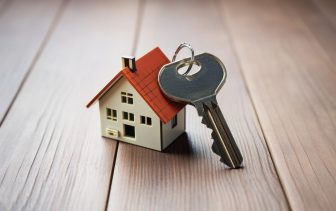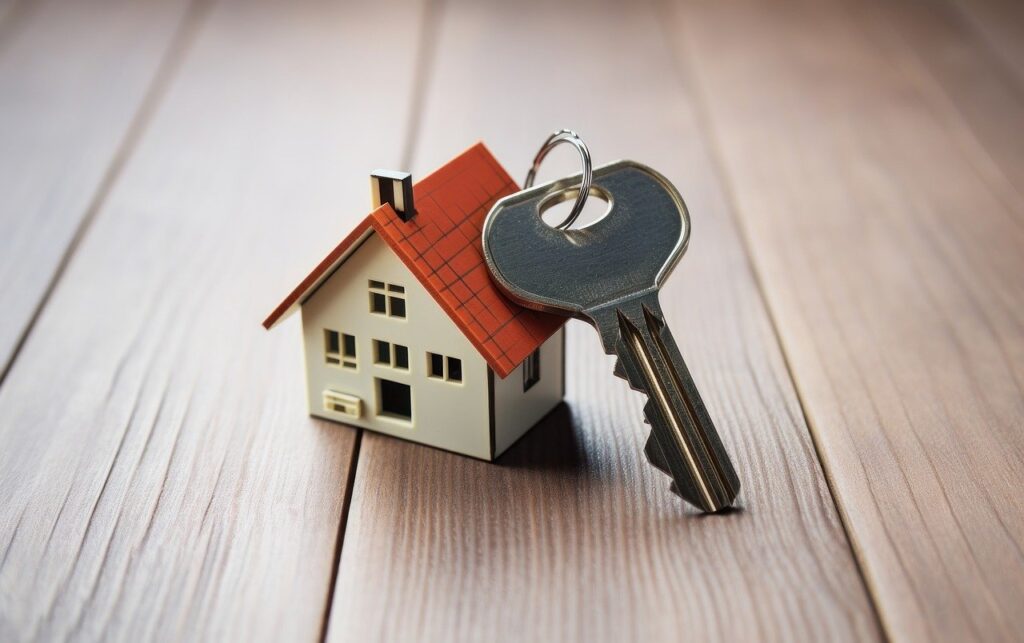 Fewer first-time buyers feel that they are in a position to buy property despite a dip in house prices last month.
Fewer first-time buyers feel that they are in a position to buy property despite a dip in house prices last month.
Polling by Barclays revealed that that about one in seven prospective first-time buyers felt less able to move into home ownership.
Homeowners who bought in the last year reported needing an additional £13,530 on average to cover associated expenses including stamp duty, solicitors’ fees, and surveys – up from an average reported £9,337 five years ago.
The mortgage lender also found that just 16% of renters now believed that buying a property was achievable in the next five years.
Nearly four in 10 renters (38%) cite the cost of a housing deposit as one of the biggest barriers to homeownership.
However, on top of deposits, additional outlays including stamp duty, solicitor’s fees, and surveys also impact total costs. Homeowners who have bought in the last year report needing an additional £13,530 on average to cover expenses associated with buying a home. This is a marked increase from the £9,337 cited among those who purchased more than five years ago.
Not all prospective buyers are aware of these associated charges. Valuations and mortgage broker fees are most likely to come as a surprise, with one in 10 (12%) unaware at the start of the process of the costs these incurred.
Even those who were aware of these fees found it difficult to forecast exactly how much they needed to set aside. A third of homeowners (34%) were aware of the need to pay stamp duty but unaware of the likely cost. A further four in 10 did not know how much to save for moving (41%), surveys, or legal fees (both 40%).
The study found that housing costs, including rent or mortgage payments, council tax, energy and other bills, now make up 28% of income across the UK, rising to over a third (36%) amongst renters. Nearly three quarters (73 per cent) say these expenses have risen in the last 12 months, averaging an extra £126 a month, or £1,516 a year. This is steepest for millennials (age 28-43), two thirds (67%) feeling the impact of hikes, at £191 a month, or £2,286 a year.
Utility bills have accounted for the largest increase for nearly half (47%) of consumers, followed by council tax (30%). Encouragingly, Barclays data shows that utilities spending decreased -4.2% in March amidst the arrival of warmer weather.
As a result of rising costs and stamp duty changes, confidence in household finances dropped to 70% in March from 75% in February. Confidence in the UK housing market also fell slightly to 28% from 30%. To combat price increases, two fifths (40%) are adjusting their spending to afford their monthly housing costs.
Jatin Patel, Head of Mortgages, Savings and Insurance at Barclays, said: “Housing consumes a significant portion of income, particularly for renters. With four in 10 adjusting their spending to meet their housing costs, it’s clear that the financial pressures of maintaining a home are intensifying at a time where people face a delicate balance between their essential spending and long-term financial goals.”
Will Hobbs, MD at Barclays Private Bank and Wealth Management, remarked: “The UK economy’s cyclical pulse has been strengthening a little in the last few months. Household incomes have been growing faster than inflation for some time and that had been showing up in retail sales and even a perkier GDP report.
“The uncertainty created by the US tariffs will certainly have some dampening effect. However, there are potential offsets in the form of lower energy prices and the dramatic changes happening in Europe. The latest read on inflation suggests a little more flexibility for the Bank of England too.”
Mortgage completions surged 50% in March as buyers rushed to beat stamp duty deadline



